India’s TikTok ban threatens China’s rise as a global tech power
Wed 01 Jul 2020, 15:19:25
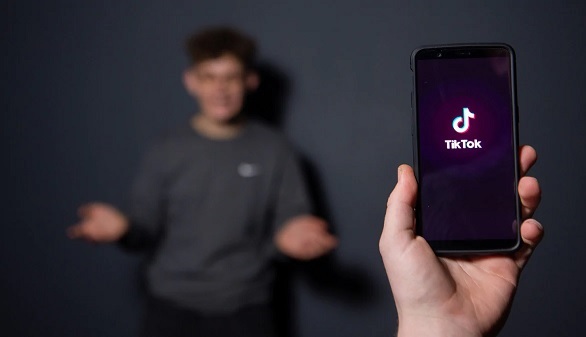
China over the past decade built an alternate online reality where Google and Facebook barely exist. Now its own largest tech corporations from Alibaba Group Holding Ltd. to Tencent Holdings Ltd. are getting a taste of what a shutout feels like.
India’s unprecedented decision to ban 59 of China’s largest apps is a warning to the country’s tech giants, who for years thrived behind a government-imposed Great Firewall that kept out many of America’s best-known internet names. If India finds a way to carry out that threat, it may present a model for other countries from Europe to Southeast Asia that seek to curtail the pervasiveness of apps like ByteDance Ltd.’s TikTok while safeguarding their citizens’ enormously valuable data.
The surprise moratorium hit Chinese internet companies just as they were beginning to make headway in the world’s fastest-growing mobile arena, en route to going global and challenging American tech industry supremacy. TikTok had signed up 200 million users there, Xiaomi Corp. is the No. 1 smartphone brand, and Alibaba and Tencent have aggressively pushed their services.
But India’s policy jeopardizes all those successes, and could have wider geopolitical consequences as the U.S. seeks to rally countries to stop using Huawei Technologies Co. for 5G networks. With China’s tech companies poised to become some of the most dominant in emerging industries like artificial intelligence, India’s actions may spur countries around the world to weigh the extent to which they let China gain user data -- and potentially economic leverage in future disputes.
“Techno-nationalism will manifest itself increasingly across all aspects of geopolitics: national security, economic competitiveness, even social values," said Alex Capri, a Singapore-based research fellow at the Hinrich Foundation. “It will be increasingly difficult to separate Chinese tech firms from the CCP and China’s geopolitical ambitions. They will find themselves increasingly locked out."
Chinese internet firms have struggled to replicate their online services beyond their home turf, even before Washington lawmakers began raising concerns about the wisdom of allowing the Asian country’s corporations -- like ByteDance -- to hoover up valuable personal data. India amplified those concerns by accusing apps including TikTok, Tencent’s WeChat, Alibaba’s UC Web and Baidu Inc.’s map and translation services of threatening its sovereignty and security.
India’s prohibition provides further evidence that nations are using tech for to assert themselves geopolitically, following the Trump administration’s worldwide campaign to contain China and national champions like Huawei. That depends in part on how much Prime Minister Narendra Modi’s actions are motivated by domestic interests following the worst military clash between India and China in almost half a century.
“Beijing should certainly worry that the impact of the deadly clash could push India toward the U.S.," said Zhang Baohui, director of the Centre for Asian Pacific Studies at Lingnan University. “But these recent economic measures by India may not by themselves concern Beijing too much as it
understands that Modi’s government, facing rising domestic nationalism, has to do something to soothe the public sentiments and retain legitimacy."
understands that Modi’s government, facing rising domestic nationalism, has to do something to soothe the public sentiments and retain legitimacy."
China-India Tensions Continue Despite Pledge to Disengage
It stays muddled how India will implement its choice, given TikTok - for one - has just been downloaded by around one of every six individuals. However, it follows a progression of steps to check China's essence in the nation, showing the organization's solidified purpose since long-stewing pressures bubbled over after a fatal Himalayan outskirt conflict that slaughtered 20 Indian troopers.
The nation's administration acquirement site has banned acquisition of Chinese-made merchandise. Specialists have asked the biggest online business organizations, including Amazon.com Inc. furthermore, Walmart Inc's. Flipkart, to begin indicating "nation of root" on products sold. Furthermore, India is supposed to be hauling its heels on clearing products imported from China, abandoning hardware at ports.
"The Indian government contemplates overseeing the web in a fundamentally the same as approach to China, which is cover bans, stating national limits on the web and basically cutting out what might inevitably turn into a form of the Indian Great Firewall," said Dev Lewis, an exploration individual at Digital Asia Hub in Shanghai. "Everybody's battling to manage administering innovation organizations and applications, particularly ones that cross fringes. So when India makes a stride this way, it starts a trend for the things that you can do."
In terms of the immediate business consequences, ByteDance could be hardest-hit. India is its biggest market with more than 200 million TikTok users. During a brief ban last year, the Chinese company estimated it was missing out on half a million dollars a day of revenue. In a statement posted to Twitter, TikTok India head Nikhil Gandhi said the company complies with all data privacy and security requirements under Indian law and has not shared any user information with any foreign government, including Beijing.
India’s prohibition could also give American companies a possible edge over Chinese players in a rare global tech market that is both populous and not yet saturated. While WeChat never made it big in India, banning it may help shore up Facebook Inc.’s WhatsApp. Cutting out TikTok immediately gives Alphabet Inc.’s YouTube a boost.
On Tuesday, Ministry of Foreign Affairs spokesman Zhao Lijian said China was “strongly concerned" about India’s actions. “The Indian government has a responsibility to uphold the legitimate and legal rights of the international investors including Chinese ones," he said.
In India, TikTok Takes On YouTube in a Nasty Fight for Dominance
But for now, China doesn’t have many great options to retaliate.
“While Beijing is highly adept at economic coercion, in this case it has somewhat limited options to act in a reciprocal manner," analysts for the Eurasia Group wrote in a research note. “Bilateral trade is heavily weighted toward Chinese exports to India. Attempts to hurt India economically could blowback on Chinese companies."
No Comments For This Post, Be first to write a Comment.
Most viewed from National
Most viewed from World
AIMIM News
Delhi Assembly polls: Owaisi leads Padyatra in Okhla
Feb 01, 2025
We reject this Waqf Amendment Bill: Asaduddin Owaisi
Jan 30, 2025
Latest Urdu News
Most Viewed
May 26, 2020
Which team will win the ICC Men's Champions Trophy 2025 held in Pakistan/Dubai?
Latest Videos View All
Like Us
Home
About Us
Advertise With Us
All Polls
Epaper Archives
Privacy Policy
Contact Us
Download Etemaad App
© 2025 Etemaad Daily News, All Rights Reserved.


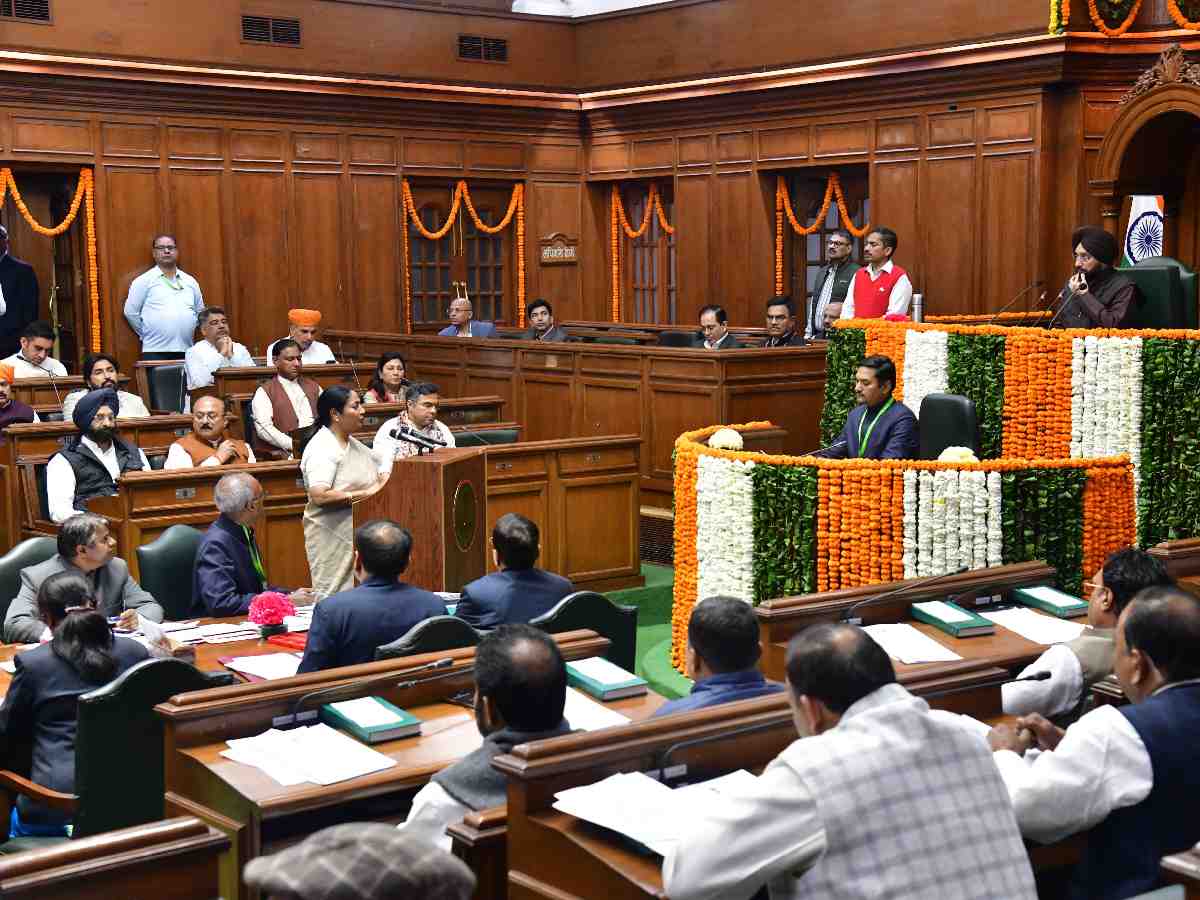
.jpg)

.jpg)
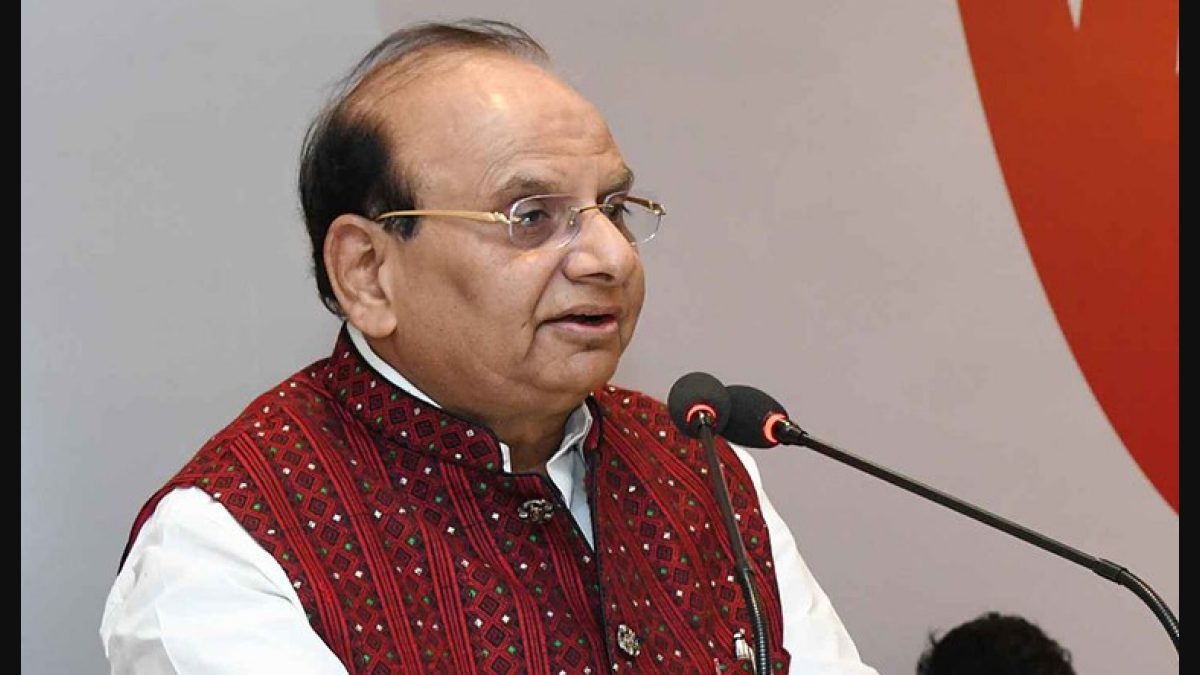



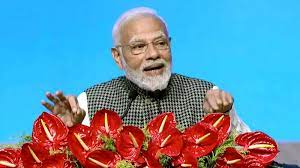
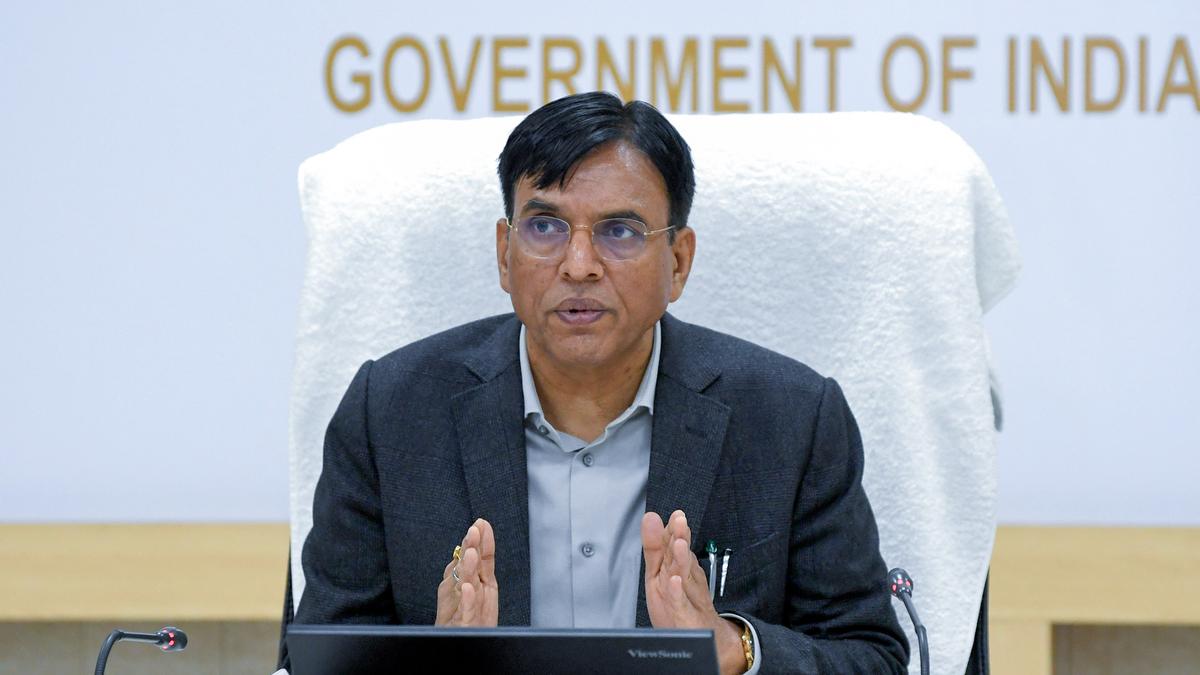
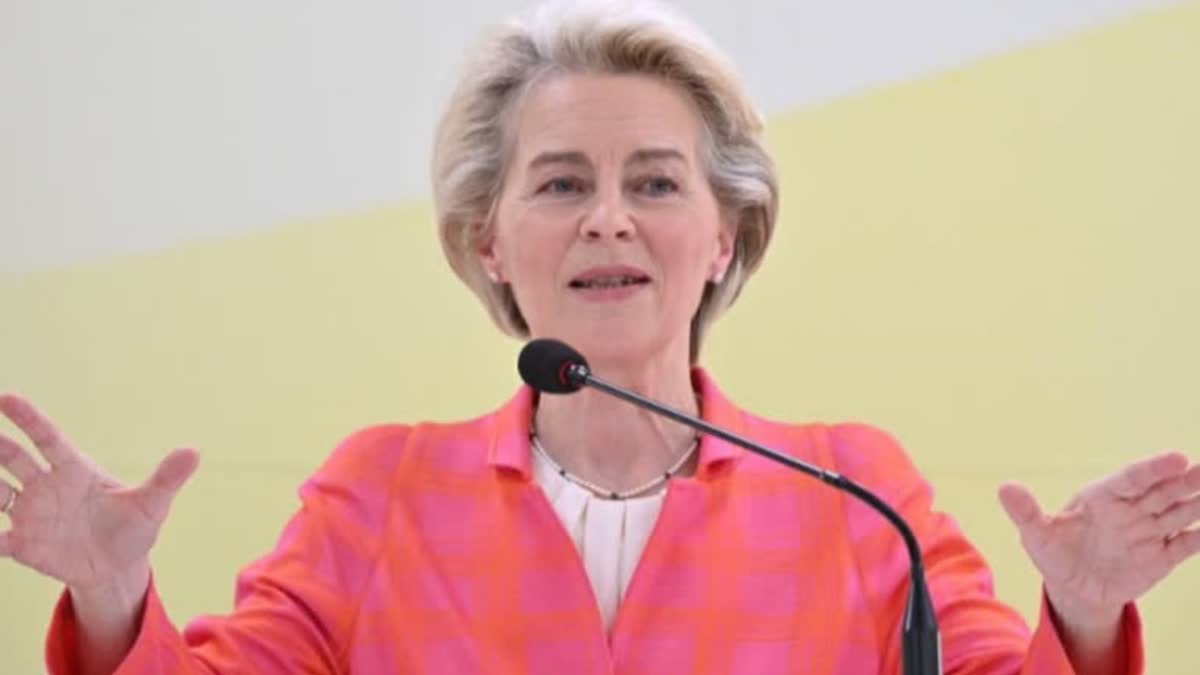




.jpg)
.jpg)
.jpg)
.jpg)
.jpg)
.jpg)
.jpg)
.jpg)

















